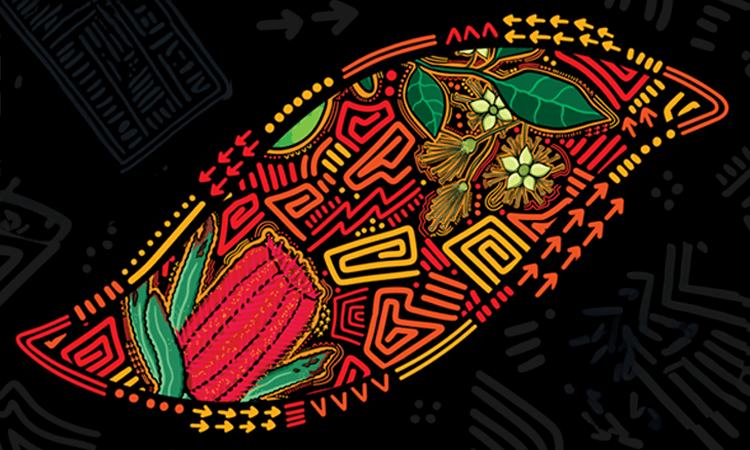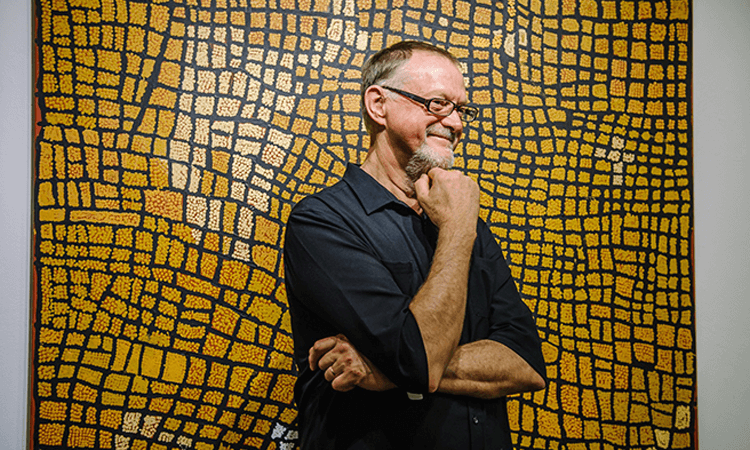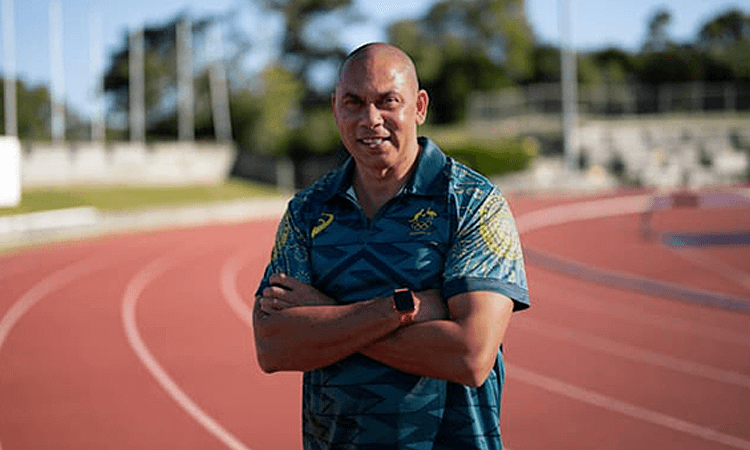10.00 AM - 3.00 PM
10.00 AM - 11.00 AM

Reflect with us on the importance of National Sorry Day and National Reconciliation Week by taking part in on-campus activities from Monday 26 May - Tuesday 3 June.
Read the article from Vice-Chancellor, Professor Karen Nelson or our Q&A article featuring Sharna Dodd, a UniSQ Bachelor of Nursing Alumnus and proud First Nations woman.
What is National Sorry Day?
Every year on 26 May, National Sorry Day remembers and acknowledges the mistreatment of Aboriginal and Torres Strait Islander people who were forcibly removed from their families and communities, which we now know as ‘The Stolen Generations’.
National Sorry Day is a day to acknowledge the strength of Stolen Generations Survivors and reflect on how we can all play a part in the healing process for our people and nation. While this date carries great significance for the Stolen Generations and other Aboriginal and Torres Strait Islander peoples, it is also commemorated by Australians right around the country.
What is National Reconciliation Week?
National Reconciliation Week (NRW) is a time for all Australians to learn about our shared histories, cultures, and achievements, and to explore how each of us can contribute to achieving reconciliation in Australia.
The National Reconciliation Week (NRW) 2025 theme, Bridging Now to Next, reflects the ongoing connection between past, present and future.
Bridging Now to Next calls on all Australians to step forward together, to look ahead and continue the push forward as past lessons guide us.
In the #NRW2025 theme artwork created by Kalkadoon woman Bree Buttenshaw, native plants − which are known for
regenerating after fire and thriving through adversity − symbolise our collective strength and the
possibilities of renewal. This is a time for growth, reflection, and commitment to walking together.
Australia’s history of reconciliation is not a linear one, we have made great strides and experienced
disappointing setbacks.
Reconciliation must live in the hearts, minds and actions of all Australians as we move forward, creating a nation
strengthened by respectful relationships between the wider Australian community, and Aboriginal and Torres Strait
Islander peoples.
We all have a role to play when it comes to reconciliation, and in playing our part we collectively build
relationships and communities that value Aboriginal and Torres Strait Islander peoples, histories, cultures, and
futures.


